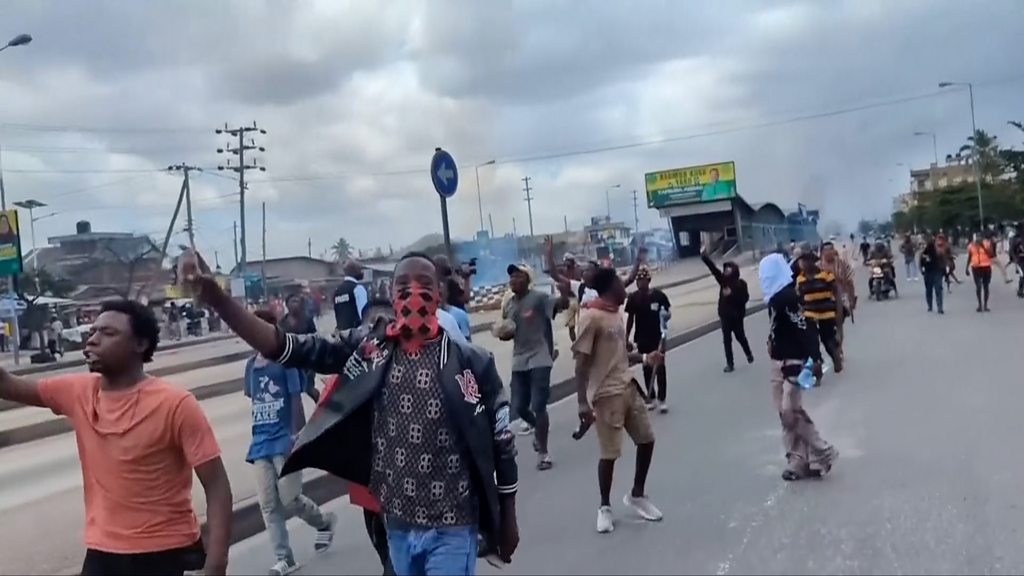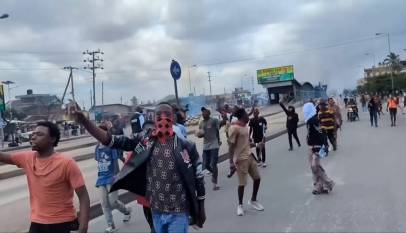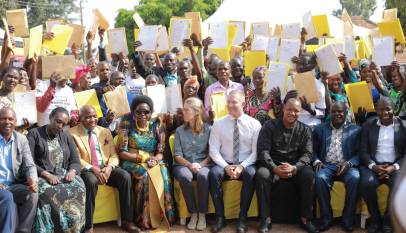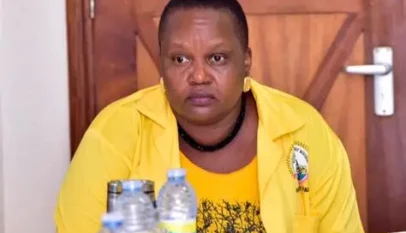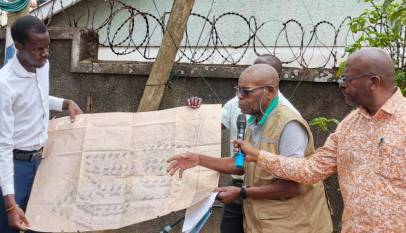Tanzania’s Post-Election Protests Likely Fueled by External Forces – Analyst
A Ugandan political analyst has suggested that the violent protests that followed Tanzania’s recent presidential election may have been influenced byexternal forces seeking toundermine the country’s control over its natural resources.
Dr Yusuf Sserunkuuma, a political analyst and academic, said that while local grievances over governance and leadership may have played a role, the scale and timing of the unrest point to wider geopolitical interests.
“Within the region, Tanzania has more control over its resources than any other country,” Dr Sserunkuuma told Sanyu FM. “My hunch is that Tanzania is trapped in the same kind of circumstances we’ve seen in Ethiopia or Venezuela. We don’t yet have full evidence that these protests are entirely organic.”
The violence broke out shortly after President Samia Suluhu Hassan was declared the winner of the October poll with 98% of the vote, securing her first elected term in office. Clashes between demonstrators and police were reported in Dar es Salaam, Mwanza and Arusha, with several deaths, injuries and arrests.
Dr Sserunkuuma said Tanzania’s significant reserves of gold, natural gas and other strategic minerals had raised the stakes for both domestic and international actors.
“The neoliberal capitalistic machine makes it difficult for us to appreciate organic struggles when they actually emerge,” he said. “Local grievances are often exploited by external forces, especially in the ongoing scramble for Africa’s resources.”
He cautioned against treating all protest movements in Africa as similar, noting that each country faces distinct pressures and power dynamics.
Comparisons with Uganda
Turning to Uganda, which is due to hold general elections in January 2026, Dr Sserunkuuma says the political environment has remained largely calm compared to the violent 2021 polls.
He attributes the relative peace to the confidence of President Museveni’s ruling government.
“If the government feels unthreatened, the elections will be peaceful,” he said. “But if it senses any real danger of losing power, we could see a return to violence similar to 2021.”
Mr Museveni, who has been in power since 1986, is seeking another term. The opposition, meanwhile, has struggled to present a unified challenge ahead of the vote.
Analysts say both Tanzania and Uganda highlight the complex relationship between political control, natural resource management and democratic legitimacy in East Africa’s changing political landscape.
UG3x3 Hits Weekend Highs: Young Guns Shine in Kampala
Omulangira Suuna Unbothered by Bobi Wine Snub
Eddy Kenzo Applauds Mehran Matin following Grammy Nomination
Tanzania’s Post-Election Protests Likely Fueled by External Forces – Analyst
Tanzania’s Post-Election Protests Likely Fueled by External Forces – Analyst
Crown Beverages Launches Ambitious Plastic Recycling Initiative
400 Bibanja Owners Obtain Security of Tenure through Land Governance Project
Deputy IGG Calls for Scholarships in Anti-Corruption and Crime Detection
Crown Beverages Launches Ambitious Plastic Recycling Initiative
In a major step toward environmental protection, Crown Beverages Limited has launched a Pl…
Now On Air – 88.2 Sanyu Fm
Get Hooked Right Here
DON'T MISS!!!
Lydia Wanyoto Declares Bid for Speaker of 12th Parliament
Lydia Wanyoto, the Mbale City Woman Member of Parliament-elect, has declared her intention to run for the speakership of the 12th Parliament.

